New product line minimizes carbon footprint associated with shrimp farming process while enhancing social impact initiatives in Ecuador
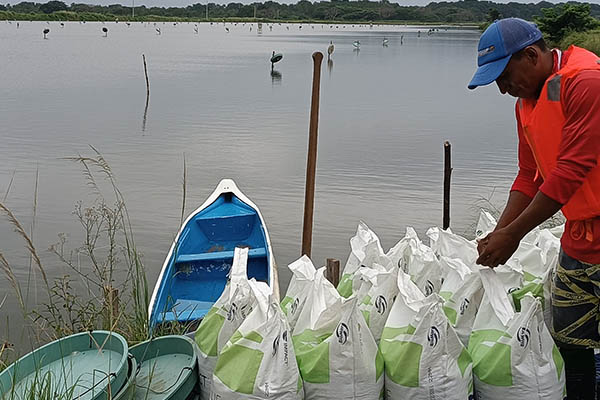
French retailer Auchan, feed manufacturer BioMar, Ecuadorian shrimp farmer Edpacif and the Earthworm Foundation have collaborated to develop a new product line that they say sets a new standard for responsible shrimp.
The new product line will be granted the Mr. Goodfish label. Launched in March 2010 in France by Nausicaá, National Sea Center, the Mr. Goodfish program aims to raise awareness of responsible seafood consumption. The program covers three pillars: responsible feed, optimal farming conditions for animal welfare and environmental impact.
“Our customers are asking for more responsible seafood,” said Olivier Vandebeulque, Auchan seafood manager. “To ensure we can provide it, we need commitment from the entire value chain. This is the whole purpose of our collaboration with Earthworm Foundation.”
During the project, Biomar utilized its sustainability impact assessment tool (BioSustain LCA) to minimize the carbon footprint of the shrimp feed through recipe optimization.
“We replaced fish oil with microalgae and sourced 100 percent of the marine protein from high-quality trimmings,” said Henrik Aarestrup, Vice President at BioMar.
In a first for BioMar, BioMar’s team of sustainability consultants introduced recommendations to shrimp producer Edpacif on how to reduce the carbon footprint of the farming process.
Aquaculture, feed companies embark on a carbon-cutting journey
“Equally important is the fact that none of the ingredients used in the shrimp feed come from deforested or even tropical areas,” said Aarestrup. “Shrimp feeds can contain up to 50 percent soy, so responsible sourcing of this key ingredient is crucial to achieving good environmental outcomes.”
Auchan is also testing a new way to commercialize shrimp products, such as selling trays with only the shrimp tails: “This innovation has two benefits: the carbon footprint associated with product transport is reduced by 40 percent, and the shrimp heads are processed and reused locally in Ecuador for animal feed, further increasing circularity in the production,” said Vandebeulque.
As part of the project, Mr. Goodfish and Earthworm partnered to add a social pillar to the specifications for the Ecuadorian shrimp.
“A responsible shrimp also needs to take into account social sustainability,” explains Florie Loth, Ocean Program manager at Earthworm. “In Ecuador, our shrimp-related activities focus on capacity-building initiatives to drive social change. While the project helped enhance access to stable employment for the local community, Earthworm teams also worked with Edpacif to improve working conditions and provide better housing for workers.”
The new product line is now available in French Auchan hypermarkets.
Now that you've reached the end of the article ...
… please consider supporting GSA’s mission to advance responsible seafood practices through education, advocacy and third-party assurances. The Advocate aims to document the evolution of responsible seafood practices and share the expansive knowledge of our vast network of contributors.
By becoming a Global Seafood Alliance member, you’re ensuring that all of the pre-competitive work we do through member benefits, resources and events can continue. Individual membership costs just $50 a year.
Not a GSA member? Join us.
Author
-
Responsible Seafood Advocate
[103,114,111,46,100,111,111,102,97,101,115,108,97,98,111,108,103,64,114,111,116,105,100,101]
Tagged With
Related Posts
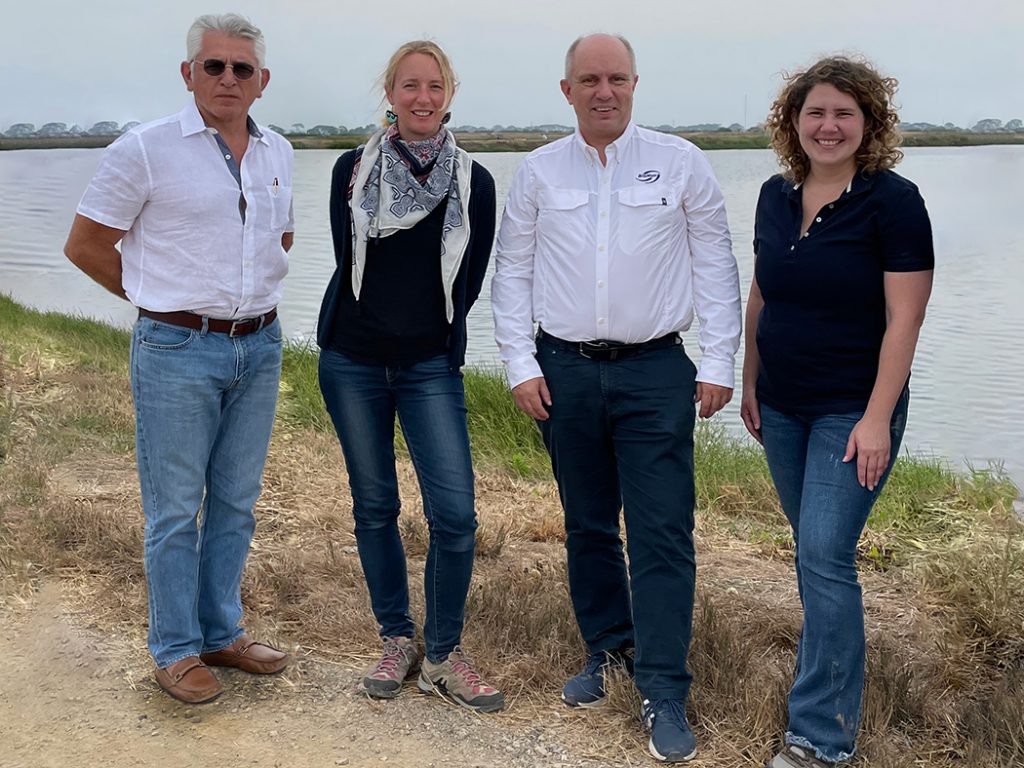
Responsibility
BioMar partners with Earthworm Foundation to launch responsible shrimp farming projects in Ecuador
Earthworm Foundation and BioMar are partnering on responsible shrimp projects in Ecuador, including deforestation-free aquafeeds.
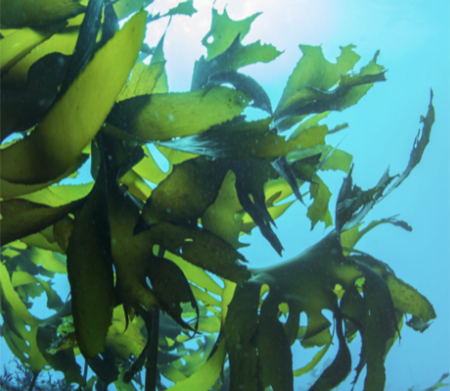
Aquafeeds
BioMar adopts microalgae into aquafeed, hits ‘major sustainability milestone’
Aquafeed supplier BioMar hits a major sustainability goal by reaching 1 million metric tons of salmon feed containing microalgae.
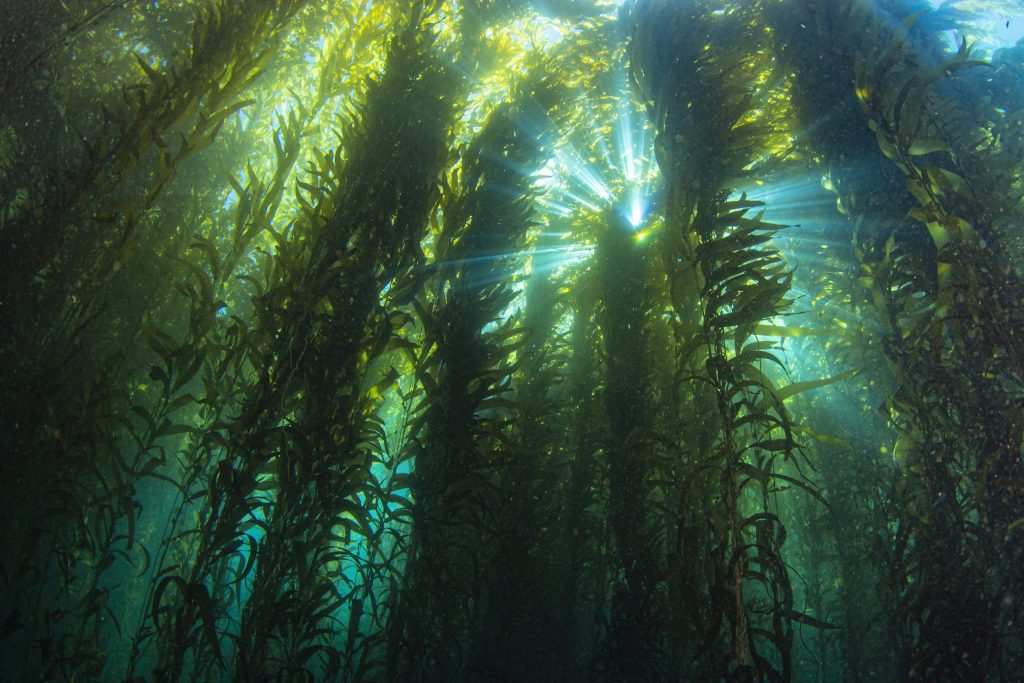
Aquafeeds
BioMar scales up inclusion of microalgae into raw materials
BioMar, a global leader in sustainable aquaculture feeds, is scaling up the inclusion of microalgae into its raw material portfolio.
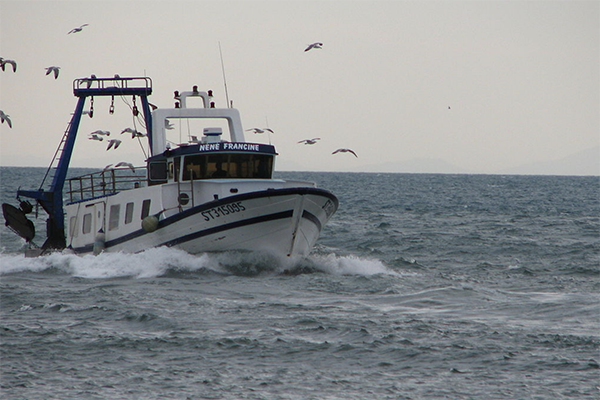
Innovation & Investment
France receives big financial boost to develop aquaculture and seafood sectors
France has received €567 million in funding from the European Commission to help develop the aquaculture and fisheries sectors.



